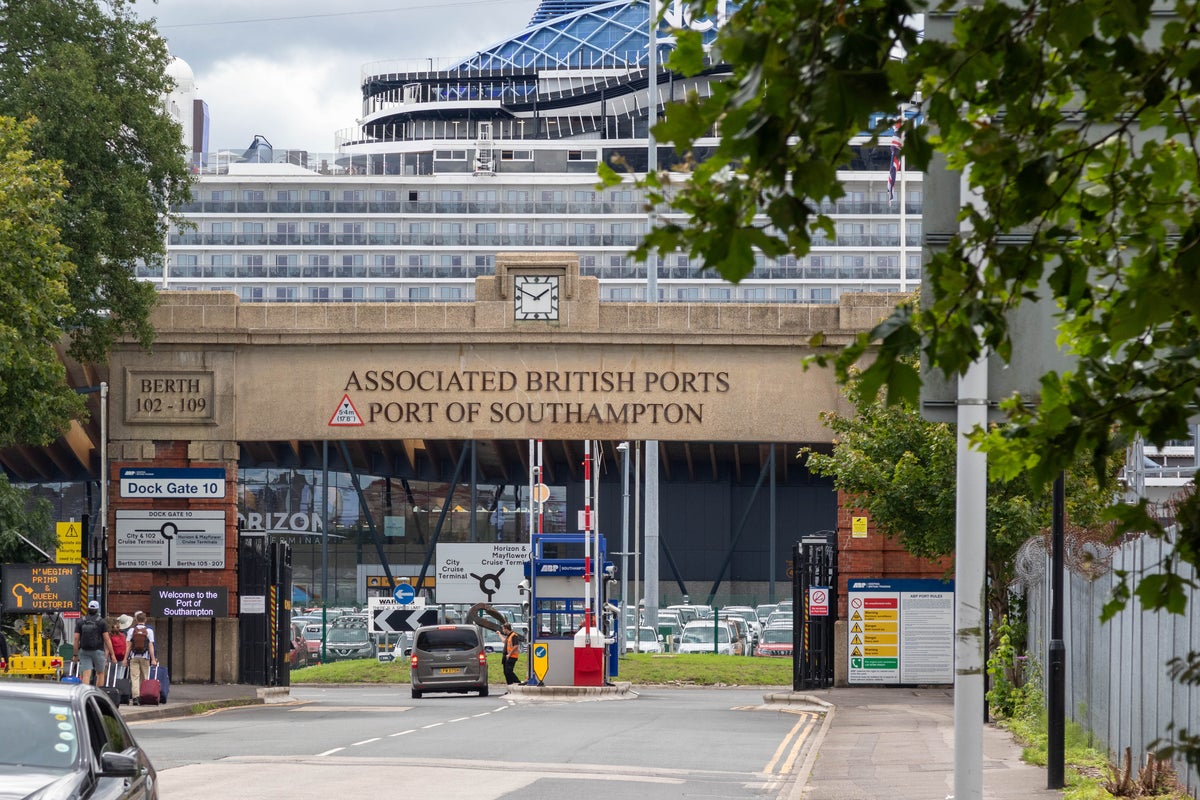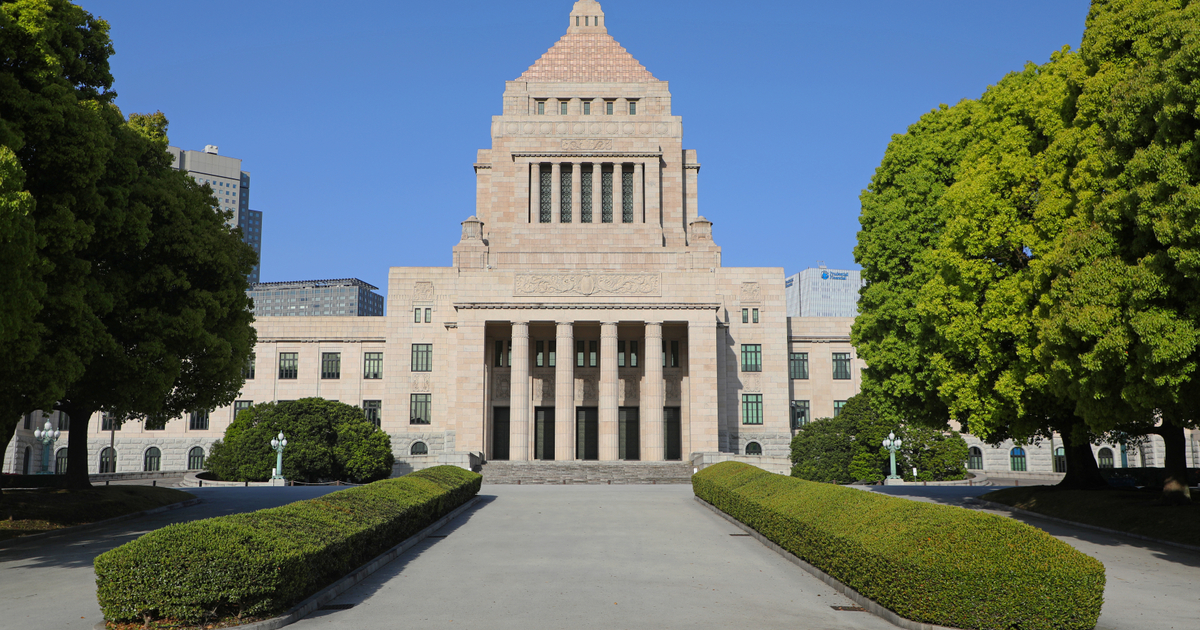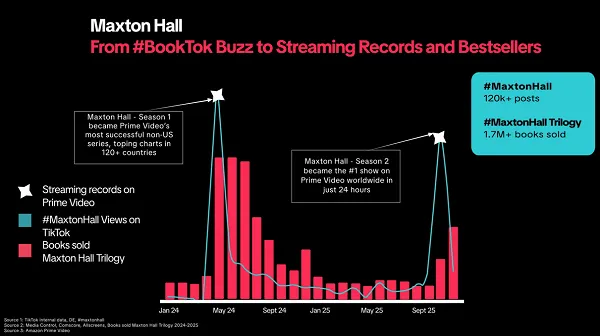Parking fines set to increase across London after councils say they aren’t a deterrent anymore
London Councils says that it has been 13 years since the penalty charges were last reviewed

Your support helps us to tell the story
From reproductive rights to climate change to Big Tech, The Independent is on the ground when the story is developing. Whether it's investigating the financials of Elon Musk's pro-Trump PAC or producing our latest documentary, 'The A Word', which shines a light on the American women fighting for reproductive rights, we know how important it is to parse out the facts from the messaging.
At such a critical moment in US history, we need reporters on the ground. Your donation allows us to keep sending journalists to speak to both sides of the story.
The Independent is trusted by Americans across the entire political spectrum. And unlike many other quality news outlets, we choose not to lock Americans out of our reporting and analysis with paywalls. We believe quality journalism should be available to everyone, paid for by those who can afford it.
Your support makes all the difference.
Parking fines are likely to become a heftier hit across London after mayor Sadiq Khan signed off a £30 rise in the penalties.
The proposal comes after a review dating back to 2023 by London Councils, an organisation representing London's 32 borough councils, which looked into parking and traffic enforcement penalty charges that have remained unchanged for over a decade.
After a public consultation in 2023, the proposal was approved by the London Councils’ Transport and Environment Committee and was then sent to the mayor for approval.
The proposal included increasing parking penalty charges for higher-level and lower-level penalties.
Penalties are split into two bands, Band A and Band B, and is dependent on the area or borough where the fine was issued.
Band A higher charges are currently set at £130, but London Councils want to see this raised to £160. Lower-level charges will rise from £80 to £110.
In Band B, higher-level charges would see an increase from £110 to £140 and lower-level from £60 to £90.
The penalty is usually halved if a driver pays within 14 days.
Higher-level charges are handed out for incidents that are considered more serious, such as parking on a yellow line or causing an obstruction.
Lower-level charges apply where parking is permitted but after regulations have been contravened, such as overstaying in a pay and display bay.
Other traffic-related charges are also set to rise, such as vehicle removal, clamping, storage and disposal.
London Councils says that it has been 13 years since the penalty charges were last reviewed, and since then the deterrent effect of the charges has waned.
Some drivers have claimed in recent years that paying a penalty fare is cheaper than paying for parking in the capital.
London Councils also stated that the number of people receiving penalty charges has increased by 50 per cent over the last 12 years, with the cost of enforcing the charges also increasing, leading to some councils being concerned that the penalty charge regime is not sufficiently recovering costs.
As part of the proposal, London Councils wanted to bring the penalties in line with Transport for London’s (TfL) charges, which look after London’s main roads and have increased the number of fines it has issued over recent years.
A London Councils spokesperson told BBC News that the increased penalty charge notices are needed "at an appropriate level so that they are effective as deterrents".
"Through using PCNs to manage parking and traffic, boroughs can reduce congestion and incentivise road users to drive and park safely, protect access, crossing and junctions, and increase active travel such as walking and cycling," the spokesperson said.
They added that any net revenue raised by PCNs goes towards transport schemes.
While Mr Khan has signed off on the proposal, it will only go into force if the Secretary of State for Transport, Heidi Alexander, does not raise any objections to the proposal within one month of notice.
If it surpasses this stage, implementation could happen as early as April 2025.
For more travel news and advice, listen to Simon Calder’s podcast

 JaneWalter
JaneWalter 































